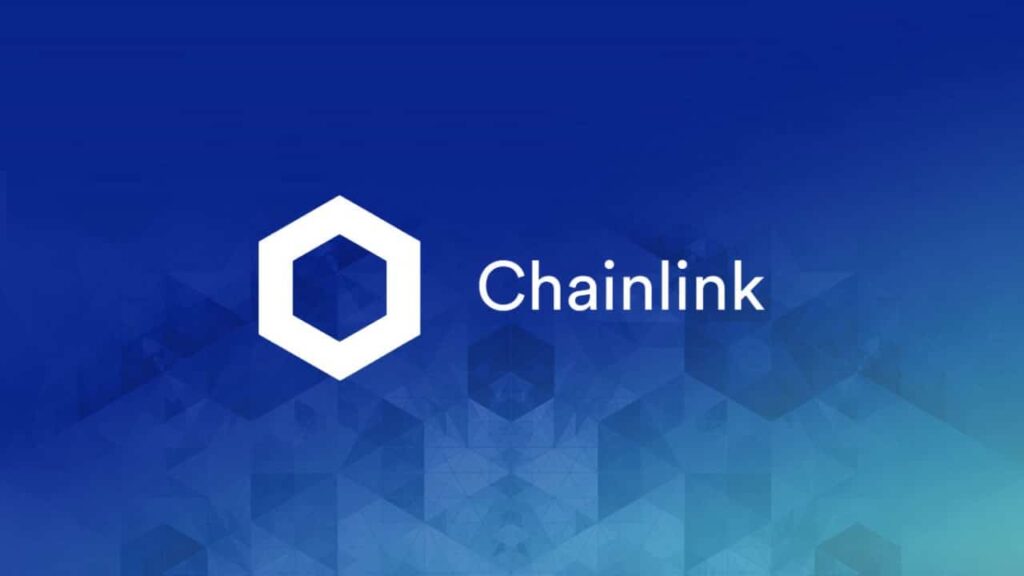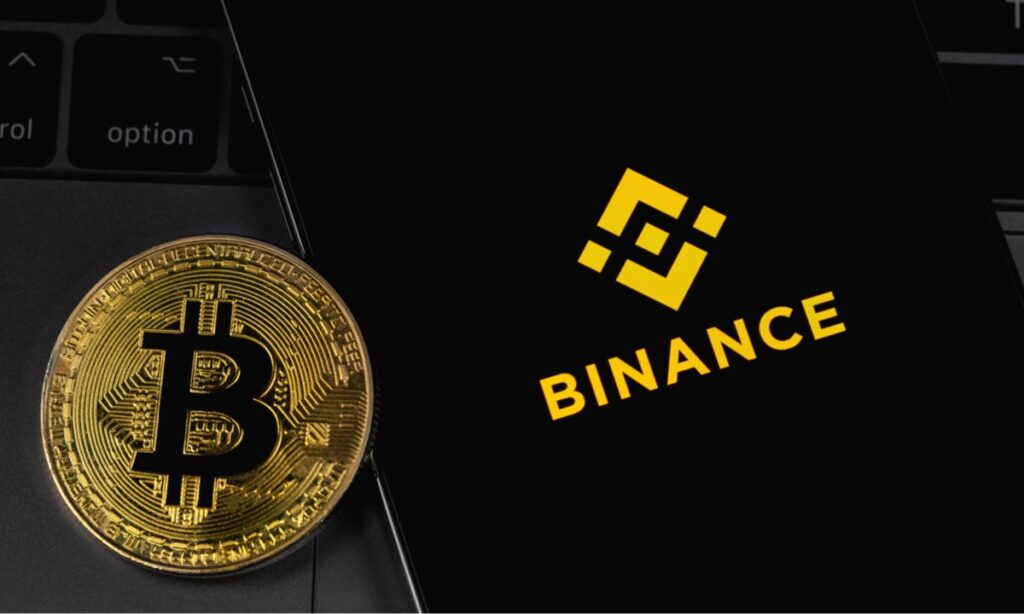Chinese authorities have arrested Lan Mou, a suspect involved in a major identity theft case related to the StarkNet (STRK) airdrop.
Lan is accused of using stolen identities to submit over 40 fraudulent Early Community Member Program (ECMP) airdrop forms, illegally acquiring over 40,000 STRK tokens intended for rightful recipients.
The airdrop, which began on February 20, was part of a large-scale initiative by the StarkNet Foundation to distribute 700 million STRK tokens.
The airdrop targeted various groups within the Ethereum community, including solo and liquid stakers, StarkNet developers and users, and contributors outside the Web3 ecosystem.
It drew significant attention, with the first 45 million STRK tokens claimed within just 90 minutes.
Following the airdrop, the stolen STRK tokens were transferred to an OKX wallet and converted into more than $91,000 in Tether.
Lan Mou’s arrest occurred on April 25 in Guangdong Province, where authorities seized a computer and two mobile phones linked to the operation.
The incident sheds light on the prevalent issue of scams and phishing in the cryptocurrency sector.
However, this case of identity theft for claiming airdrops on such a grand scale is particularly noteworthy, signaling a new level of threat in the space.
READ MORE: Yuga Labs CEO Initiates Overhaul Amid Layoffs and Restructuring
Yearn.finance developer Banteg previously highlighted a related issue on the same day the StarkNet airdrop began, noting that the eligibility list seemed to be populated heavily with airdrop squatters.
These are individuals who target airdrops for financial gain, often manipulating eligibility by controlling multiple or fake accounts.
Banteg pointed out that around 701,544 of the 1.3 million eligible wallet addresses were potentially linked to such activity, where squatters used repeated or renamed GitHub accounts to increase their chances of receiving airdrops.
In a related revelation from March 2023, it was discovered that airdrop hunters managed to consolidate $3.3 million worth of tokens from the Arbitrum (ARB) airdrop, channeling funds from 1,496 wallets into just two they controlled.
This pattern underscores the ongoing challenges and exploitative practices within the decentralized finance sector, highlighting the need for continued vigilance and improved security measures to protect legitimate users and their assets.
To submit a crypto press release (PR), send an email to sales@cryptointelligence.co.uk.










